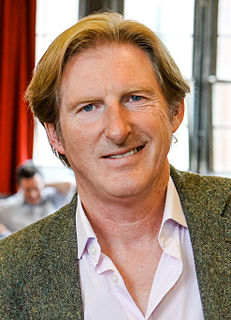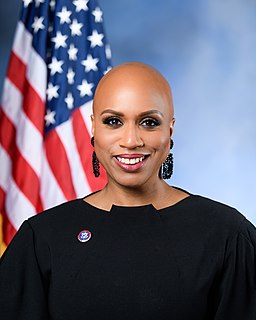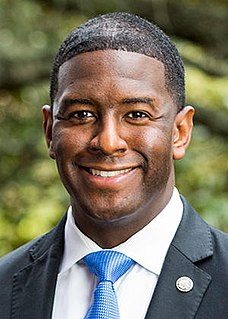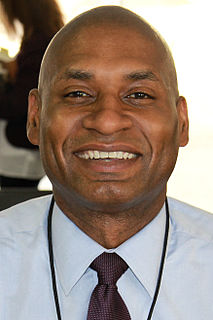A Quote by Linda Sarsour
Alleviating suffering of the most marginalized communities must begin with assessing the needs of entire communities and allowing the most marginalized to lead the strategy. My belief is those closest to the pain are closest to the solution.
Related Quotes
We need a more holistic approach in which we take account of society's most vulnerable sectors. We shouldn't just do broad averaging of country statistics but rather we need to disaggregate the data to determine where the resources are most needed. In most cases, it's usually the reverse: those who are most marginalized - minorities and rural and remote communities - get the least attention and money.
The international community cannot accept that whole communities are marginalized because of the color of their skin. People of African descent are among those most affected by racism. Too often, they face denial of basic rights such as access to quality health services and education. Such fundamental wrongs have a long and terrible history.
In my lifetime I have seen democracy begin to expand, not only to include those who have been excluded, but to provide a listening arena, a vocabulary, an intelligent reception for stories that have been buried. Not just stories of the disenfranchised and the marginalized, but marginalized and disenfranchised histories even in the lives of the accepted and the privileged.
Every single day there are communities and people in communities who are hurting in real deep ways. The problems that they're suffering from are very nuanced, but they're granular in nature and they require real intentional planning in order to begin to lift the burden off of some of these communities that have been generationally and inter-generationally plagued by those kinds of problems. The challenge will remain. Whether we can rise to it, will the establishment rise to those challenges is a different question.
Action at the city level is what will make national momentum possible on our most urgent issues, and this is the level of government where we are closest to people, where we can innovate and move quickly. Most importantly, this is the level of government where we uniquely are in the position to earn the trust of our communities.
When social movements engage in legal reform, they often mobilize images of people from their constituent population who most match national norms about what "deserving citizens" are like, and use those people as spokespeople and as lead plaintiffs in legal cases. This strategy requires that people who are experiencing intersectional harm - who are vulnerable through multiple vectors of demonization and marginalization - be further marginalized and disappeared by the advocacy.






































